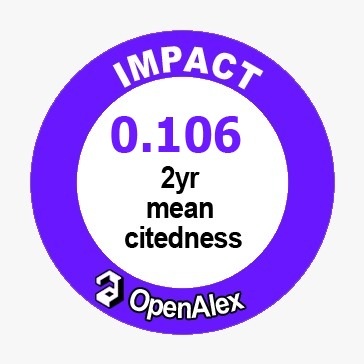Women Participation and Party Politics in the Gambia’s Democratic Process, 1997-2020
DOI:
https://doi.org/10.55220/2576683x.v9.250Keywords:
Democracy, Gender Studies, Participation, Party Politics, Women Empowerment.Abstract
For an all-inclusive party politics in a democracy to be achieved, all members of the society, irrespective of sex, religion and class, must be engaged in the spirit of human rights and freedom. This study investigated women participation in party politics in the Gambia with an established all-inclusive and gender-friendly mechanism under the second republic. It explored the extent of conformity with global practices and national policy on gendering in the country. The study extrapolated, through the gender lenses that are descriptive in analysis, on women’s participation in party politics with focus on various challenges besetting the process as a result of males’ dominance and government inadequate national policies to address the quagmires. For this reason, efforts are stepped up by human rights activists and gender scholars on how best to continue to address discrimination issues against women and how their participation level could be increased. Findings concluded that, if an all-inclusive party politics is to become realistic and effective in the Gambia, a public-private partnership and government re-strategy, through policy frameworks that are dynamic and pragmatic and which will be consultative enough in nature would be ideal.







